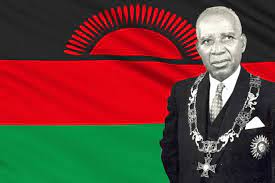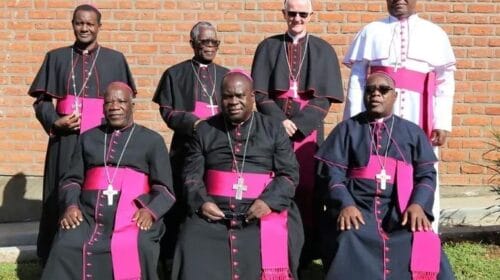AMNESTY INTERNATIONAL: Plea for ICC Survivor amidst Africans real Concerns

Victims of war crimes, crimes against humanity and other serious violations deserve to have their day in court, Amnesty International said as it urged states to work to strengthen, rather than withdraw from, the International Criminal Court (ICC).
The call comes on the eve of the 15th Assembly of States Parties (ASP) to the Rome Statute – the ICC’s founding treaty – taking place from 16 to 24 November in The Hague, Netherlands.
“Rather than choosing to abandon what is in many cases the only avenue towards justice for millions of vulnerable victims of crimes under international law, states must engage in good faith with the International Criminal Court. They must use their collective power to challenge the double standards, shameful failures and politicization of justice by the UN Security Council,” said Netsanet Belay, Amnesty International’s Research and Advocacy Director for Africa.
“This session must not be dominated by the cynical political decisions of a small number of governments to leave the Court. Instead, its supporters must focus on making the system stronger.”
While there are legitimate concerns around the near-exclusive focus on Africa of the ICC’s investigations and prosecutions, there are strong indications that the ICC Prosecutor is seeking to address this imbalance and expand its work to other regions. But this will require the support and resources of the Assembly, particularly from states in the global South.
Efforts by the United Nations Security Council to politicize the work of the Court by referring some situations but not others is also a major problem.
All 124 member states of the Assembly should work together to confront these double standards.
Amnesty International has made several recommendations ahead of the upcoming ASP session, aimed at strengthening the Court and its ability to deliver justice to victims.
These include calls on states parties to:
- Affirm their support for the ICC and for South Africa, Gambia and Burundi to reconsider their decisions to withdraw from the Court;
- Call on permanent members of the UN Security Council to refrain from using their veto power to block referrals to the Prosecutor of the ICC of situations involving war crimes, crimes against humanity or genocide;
- Support the approval of sufficient resources so that the ICC can expand its investigations in 2017;
- Develop better systems to ensure the cooperation of governments with the Court, particularly in arresting and surrendering suspects;
- Ensure that any amendments to the Court’s legal framework achieve the highest standards of fairness for the accused while respecting the rights of victims and witnesses.
Amnesty International’s appeal comes as the Court faces a backlash in some parts of Africa, with Burundi, South Africa and Gambia taking steps in October to withdraw their membership.
However, many African states parties have recently made statements affirming their continued support to the Court, including Botswana, Sierra Leone, Malawi, Nigeria, Côte d’Ivoire, and Senegal. Tanzania has called for constructive dialogue rather than withdrawal.
Many other African states parties, including Mali, Democratic Republic of Congo and Central African Republic also continue to cooperate with the Court with respect to ongoing situations and cases, and Gabon has recently referred the situation in the country to the ICC.
Background
Since it was adopted in 1998, so far there are 124 states parties to the Rome Statute of the International Criminal Court – 34 of which are in Africa.
Amnesty International has issued seven priority recommendations to the 15th Assembly of State Parties to the ICC.
The organization is campaigning for the UN Security Council to adopt a code of conduct agreeing to voluntarily refrain from using the veto to block Security Council action in situations of genocide, war crimes and crimes against humanity.




